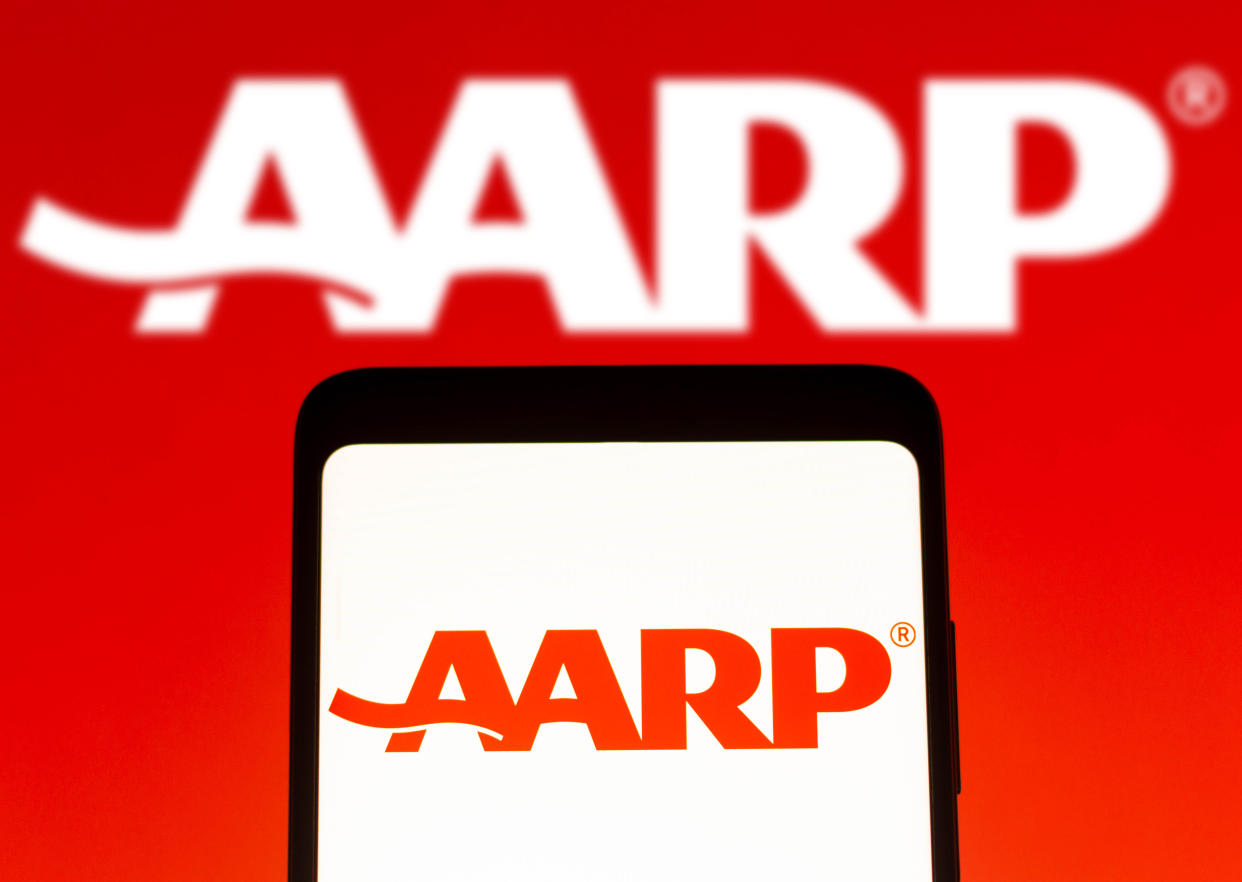AARP to join US government in two more lawsuits over Medicare drug pricing negotiations
AARP announced Thursday it would join the US government in two additional lawsuits brought by drug companies suing over Medicare drug pricing negotiations, which are set to begin next month.
The organization filed an amicus brief this month in the suit brought by the US Chamber of Commerce, which counts Big Pharma among its members, along with other local chambers in which drug companies are represented.
It will also join a lawsuit filed by Merck (MRK) and industry lobbying firm PhRMA, officials said Thursday. The filing due date for the briefs are Sept. 18 for the Merck lawsuit and Oct. 6 for PhRMA.
There are additional lawsuits that have been filed over these negotiations, including by Johnson & Johnson (JNJ) and Bristol-Myers Squibb (BMY) — which have been consolidated to a single court in New Jersey.
AARP officials said they expect more lawsuits to be filed once the list of targeted drugs is published on Aug. 29, just days before the Sept. 1 deadline CMS had originally set.
On a media call on Thursday, AARP officials argued the drug companies' goal is to fast-track the issue to the US Supreme Court.
"They're trying to get as many cases filed as they can, across multiple [court] circuits, so that they all end up, or some of them end up, in front of the Supreme Court," said Kelly Bagby, vice president of litigation at the AARP Foundation.

Some Wall Street analysts have echoed the idea the goal for plaintiffs is to reach the Supreme Court, and said the move is unlikely to delay the negotiation process. Negotiated prices are set to go into effect for the 2026 plan year.
The lawsuits allege the powers granted to Medicare by the Inflation Reduction Act to negotiate prices of the most expensive single-source drugs are unconstitutional.
They cite the First Amendment, or freedom of speech, alleging they are being forced into the negotiated pricing process; the Fifth Amendment, or unlawful government seizure, alleging that Medicare is taking the drugs at the negotiated price; and the Eighth Amendment, or excessive fines, for the fines Medicare can levy for noncompliance.
Leigh Purvis, AARP Public Policy Institute's prescription drug policy principal, said that the negotiation process is "not a hostage situation."
"Drug companies do have options. One is that they can withdraw their products from Medicare and Medicaid, and the other is they can allow generic competitors on the market. You do not have to participate in the negotiation process if you are not a single-source drug," Purvis said.
Drug companies have threatened that negotiated prices will hamper innovation and that drug prices are not set based on the cost of production, but rather the "value add," or the value of lifestyle improvement and avoidance of costly hospital visits gained.
Purvis said that on the latter argument, companies don't have "any evidence that what they are bringing to the table actually offers value."
Follow Anjalee on Twitter @AnjKhem.
Click here for the latest stock market news and in-depth analysis, including events that move stocks
Read the latest financial and business news from Yahoo Finance
